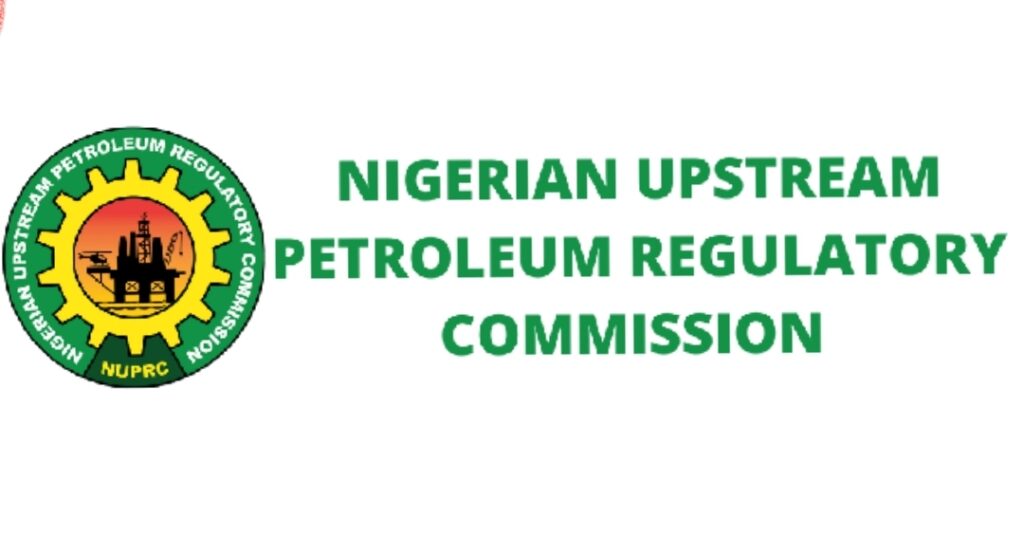Nigeria currently has 220 open oil blocks scattered across its onshore and offshore basins, data from the Nigerian Upstream Petroleum Regulatory Commission has revealed.
This is despite its growing debt burden and crude shortages affecting local refineries. The NUPRC data showed that the deep offshore terrain accounts for the highest number of unlicensed blocks at 59, highlighting the country’s underexploited energy wealth in its most technically advanced but capital-intensive region.
The Benue Trough follows with 41 open blocks, while the Chad Basin hosts 40. In the Sokoto Basin, there are 28 blocks yet to be awarded, and the Bida Basin has 16. It was disclosed that even in more mature areas, idle blocks persist.
The offshore Niger Delta, often considered the backbone of Nigeria’s oil production history, still holds seven open blocks. The Anambra Basin has 13 open blocks, while eight each remain unlicensed in the Benin Basin and the onshore Niger Delta.
According to a publication by the NUPRC, 24 blocks were recently awarded from the 2022/2023 deepwater mini bid round and the 2024 licensing round. On the strength of the recorded successes in exploration, development, and production, the commission said it is evident that the Nigerian deepwater terrain is endowed with enormous hydrocarbon resources.
“A testament to the richness of its resources is commercial discoveries and prolific historical productions of the NNPC Exploration and Production Limited’s Abo field, Chevron Nigeria Limited’s Agbami Field, Yinka Folawiyo’s Aje field, TotalEnergies Upstream Nigeria Limited’s Akpo and Egina fields, Shell Nigeria Exploration and Production Company’s Bonga field, and ESSO Exploration and Production Usan and Erha fields, among others,” the report said.
While saying Nigeria’s deepwater terrain has become the new bride of international oil companies in the wave of current portfolio rationalisation and divestment programmes, it was stated that the deep offshore terrain is largely underexplored due to its complexity.
“Characteristically, the deep offshore terrain presents complexity in accessibility, technology, investment, and facility deployment, which potentially explains its status as largely underexplored and underdeveloped.
“Empirical data indicates that there are about 59 open block opportunities in deep offshore Nigeria, which accounts for about 27 per cent of total open blocks in Nigeria and 80 per cent of open blocks in the prolific Niger Delta and its offshore terrains,” it stated.
As of January 1, 2025, the deepwater terrain reportedly contributed approximately 19 per cent and 12 per cent of oil and gas reserves in Nigeria, respectively. Industry analysts said these figures point to a serious mismatch between Nigeria’s potential and its actual production performance, its unlocked wealth, and the debt profile.
As a country with high dependence on oil revenues, unlicensed and undeveloped oil blocks impact incomes, causing the country to resort to borrowing. It was learnt that the government’s debt stock hit over N149tn in Q1 2025, and the country continues to depend heavily on imports to meet refined petroleum needs, even as its own refineries suffer from chronic crude shortages.
According to a report by the Debt Management Office, Nigeria’s total public debt rose to N149.39tn as of March 31, 2025, marking a year-on-year increase of N27.72tn or 22.8 per cent compared to the N121.67tn recorded in the corresponding period of 2024.
The persistent rise in debt stock is attributed to new borrowings by the Federal Government and the depreciation of the naira, which inflated the local currency value of external loans. It was reported that the surge was against a backdrop of persistent fiscal pressures and continued reliance on both domestic and foreign borrowing to fund public expenditure.
A map published by NUPRC revealed vast acreage stretching across Nigeria’s maritime boundary, with most of it untouched. While landmark projects like Bonga, Agbami, Egina, and Akpo represent success stories in offshore development, they are exceptions in a terrain still dominated by unlicensed and undeveloped blocks.
Meanwhile, the commission is planning to push for a cluster or nodal development model to unlock smaller accumulations and cut costs. The commission announced last year that there would be a licensing bid round in 2025, but that has yet to commence as of the time of filing this report.
Aside from the 220 open blocks, the country also has a sizeable number of licensed oil and gas assets that are undeveloped. Over three billion barrels of oil are locked in these undeveloped fields, according to the NUPRC.
In April, the Minister of State Petroleum Resources (Oil), Senator Heineken Lokpobiri, threatened to withdraw oil blocks from owners that have failed to develop them.
Lokpobiri also called on international oil companies operating in Nigeria to ramp up investment in the country’s oil and gas sector, emphasising that the current administration has provided every necessary incentive to ensure seamless and profitable operations.
“We cannot continue to have assets sitting idle for 20 to 30 years without development. If you are not utilising an asset and it remains underdeveloped for decades, it neither adds value to your books nor to us as a country. We encourage industry players to explore collaborative measures such as shared resources for contiguous assets, farm-outs, and the release of underutilised assets to operators ready to invest in production. Otherwise, like any responsible government, we will take back these assets and allocate them to those willing to go to work,” the oil minister said.
He emphasised the need for IOCs to support local refining efforts, noting that more refineries are coming upstream and will require a steady supply of crude oil. To make this easy and possible, he stressed that ramping up production will enable Nigeria to meet both local and international obligations.
The Dangote refinery said it depends on the United States to get enough feedstock, importing up to 10 million barrels in July.















